Communities, Institutions And Transition In Post-1991 Eurasia
Synopsis
Since Soviet disintegration, there have been varied perceptions about Eurasia's transition. Initially, attention was focused on the changes that became obvious in politics and society and people's orientation towards change. Gradually, there was a re-appraisal of the transformation that occurred, and attempts were made to identify the genesis of change in the Soviet era. Post-Soviet thinking metamorphosed into a realistic appraisal of the continuities rather than the discontinuities of the two periods. It is this duality of transition that has been focused upon in the book Communities, Institutions and Transition in post-1991 Eurasia. The contributions in the volume convey the central theme that transition in Eurasia is a continuing and expanding discourse about space and identity.
Read more
90.00
81
$
100.00 $
Free delivery Wolrdwidе in 10-18 days
Ships in 1-2 days from New Delhi
Membership for 1 Year $35.00
Get it now and save 10%
Get it now and save 10%
BECOME A MEMBER
Books by the same authors
-
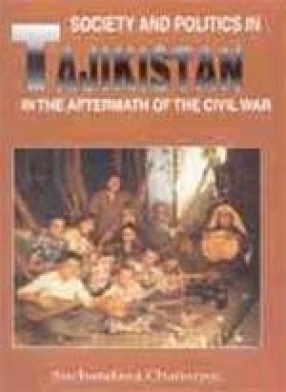
Society Politics and in Tajikistan
-
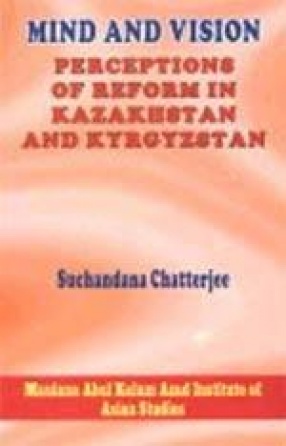
Mind and Vision: Perceptions of Reform in Kazakhstan and Kyrgyzstan
-
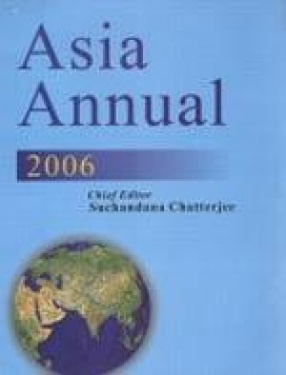
Asia Annual 2006
-
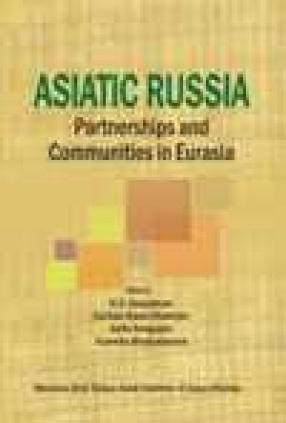
Asiatic Russia: Partnerships and Communities in Eurasia
-
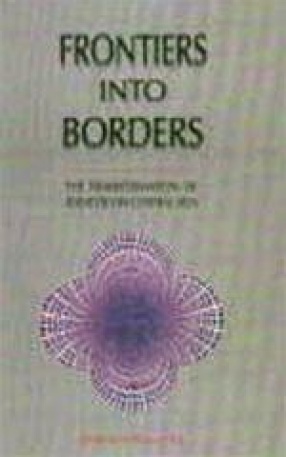
Frontiers into Borders: The Transformation of Identities in Central Asia
-
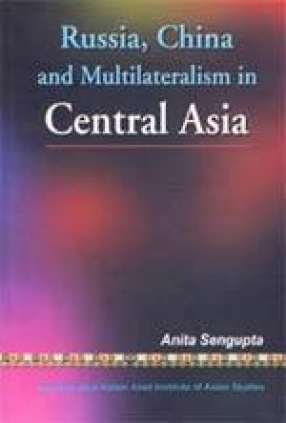
Russia, China and Multilateralism in Central Asia
-
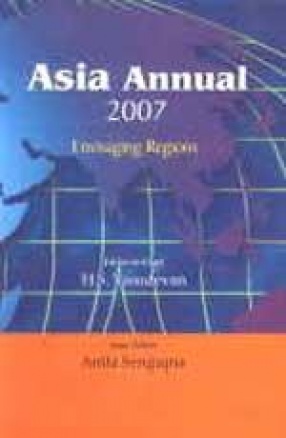
Asia Annual 2007: Envisaging Regions

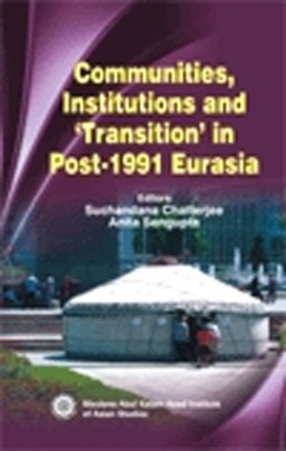

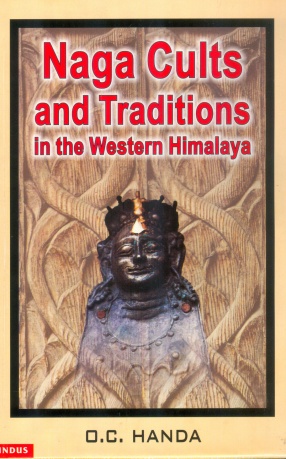
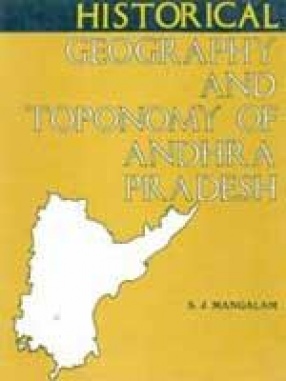
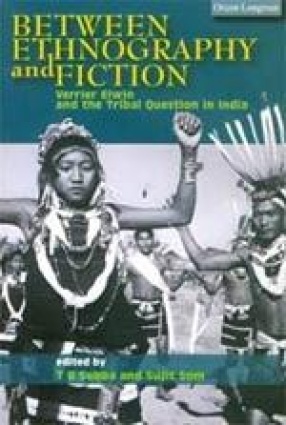

Bibliographic information
Anita Sengupta